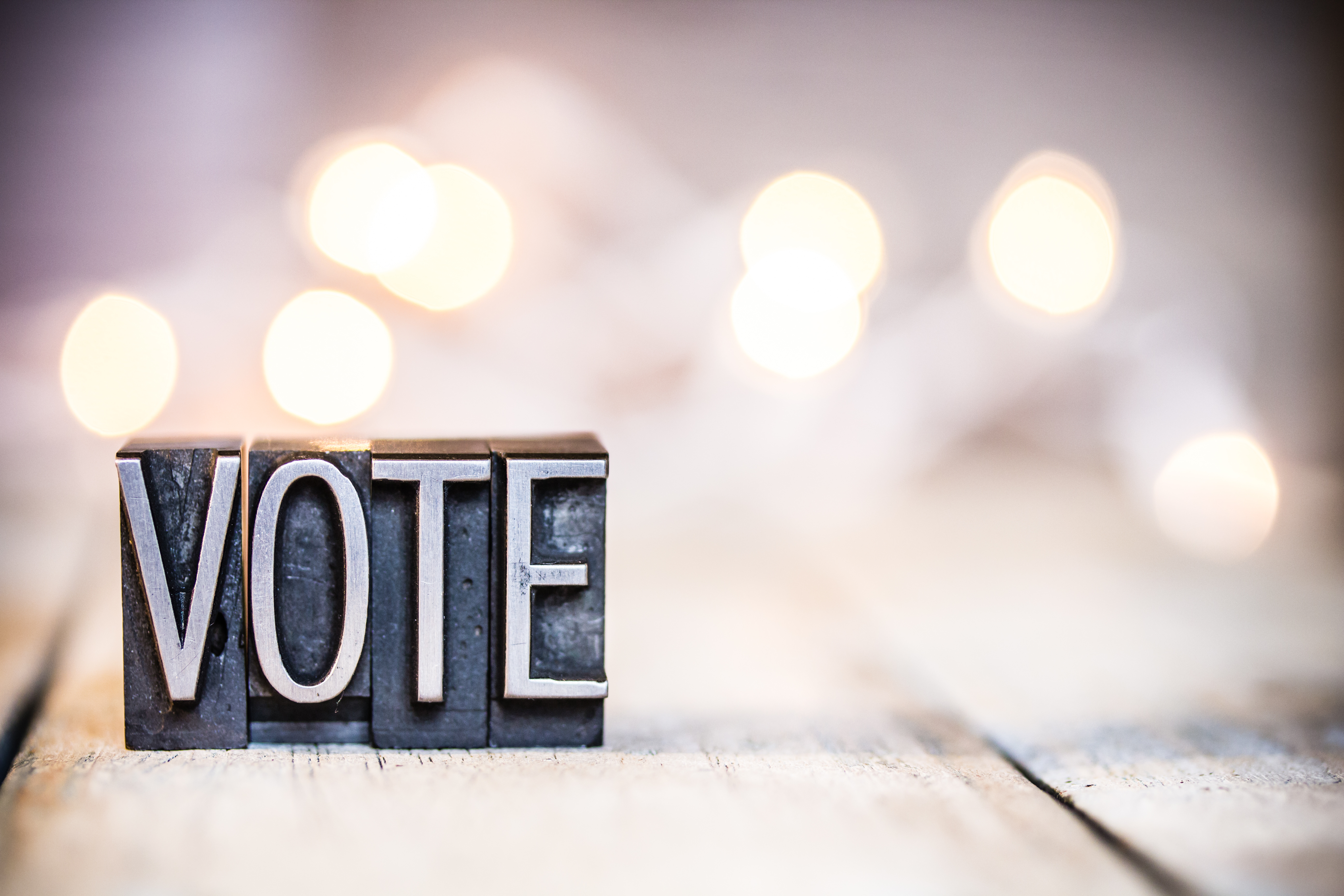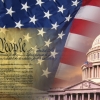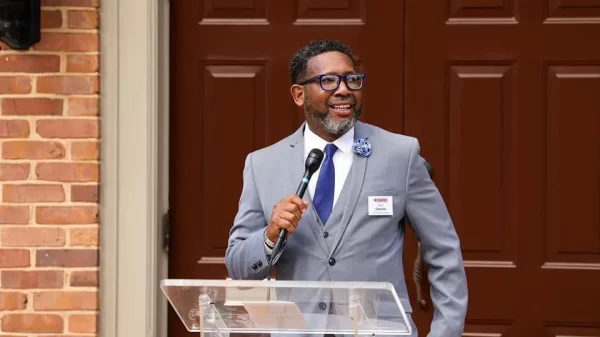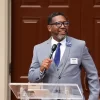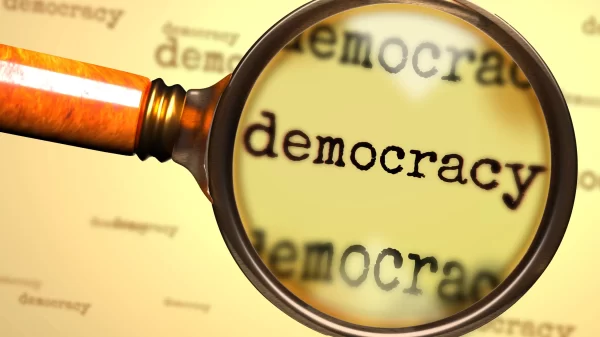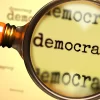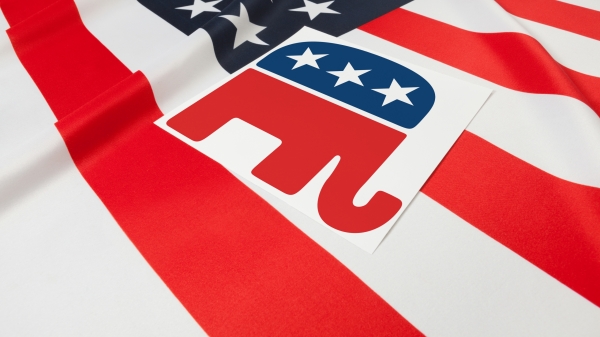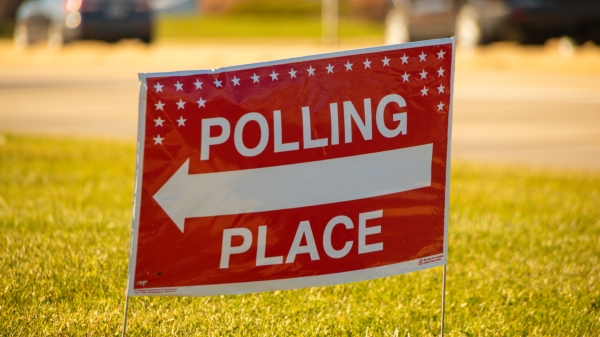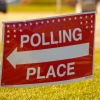When the votes are tallied from Alabama’s Republican and Democrat primary this evening, the winners will have been elected by a minority of eligible voters; the same will likely be true in all the states participating in Super Tuesday.
Alabama Secretary of State’s office projects 30-35 percent of all eligible Alabamians will participate in the March 3 Primary Election. “We expect somewhere between 1.1-1.3 million voters to participate,” said Grace Newcombe, Secretary of State John Merrill’s press secretary.
Somewhere between 65 to 70 percent of those individuals entitled to vote choose to stay home, leaving the critical decision of who should lead the state and nation to a minority.
A Knight Foundation study found that there is not a “one-size-fits-all description of the non-voting population, nor is there a single, unifying explanation for their lack of participation.” Non-voters are found, “across the political spectrum, at every level of education and income, and from every walk of life,” according to the study.
However, key themes were identified:
- Many non-voters suffer from a lack of faith in the election system and have serious doubts about the impact of their own votes.
- Non-voters engaged less with news and are left feeling underinformed.
- While less partisan, non-voters are more evenly divided on key issues and President Trump than active voters.
- The emerging electorate (18 to 24-year-olds) is even less informed and less interested in politics.
The study used focus groups, polling and other research methods to determine its findings. The study surveyed 12,000 chronic non-voters nationally and in 10 swing states, soliciting their views, attitudes and behaviors on a wide range of topics, according to the report.
It revealed that 38 percent of non-voters lack confidence that elections actually reflect the will of people, believing the system is rigged and that votes are not fully or accurately counted. They also are less likely to think the decisions made by the president or others in Washington have a significant impact on their daily lives.
Non-voters are twice as likely as active voters to not seek hard news, dieting instead on more entertainment as compared to active voters.
While the study found that non-voters are less partisan than active voters and if added to the 2020 vote totals, they would be evenly divided among Democratic and Republican candidates. However, non-voters would make a difference in the election because of how they break down in swing states.
The data by swing states shows that if all non-voters turned out for 2020, President Trump would be the non-voter favorite in Arizona, Florida, Pennsylvania, Virginia and New Hampshire. However, the Democratic nominee would be favored by non-voters in Georgia, Michigan and Wisconsin with non-voters evenly split in Minnesota and Nevada.
Likely voters, turn-out, demographics and party affiliation are principal subjects analyzed by political strategists and pundits. Yet the nearly 100,000,000 eligible voters who do not vote at all receive scant to no attention.
Knight Foundation Study looked to actual votes cast in the 2016 presidential election as an example.
In 2016, there were 65,853,514 votes cast for Hillary Clinton; 62,984,828 votes for Donald Trump; and 6,674,811 for other candidates according to media reports.
This translates to 28.5 percent voted for Clinton, 27.3 for Trump and 2.9 percent for others; 41.3 percent didn’t vote at all. As the study illustrates by far, the largest voting block was those who didn’t participate in the election.
Non-voters are less likely than active voters to identify as members of either of the major political parties, according to the Knight survey. “Of non-voters surveyed, 57 percent consider themselves Democrats or Republicans versus 68 percent of the active voters. An additional 28 percent consider themselves Independents, similar to the 27 percent of active voters.” Non-voters are four times more likely as active voters to say they “don’t know” or refuse to answer the question of party affiliation.
Non-voters like active voters are concerned about immigration, gun control, jobs, healthcare, the environment and race relations.
The study found non-voters as marginally center-left on some policy positions, they were less progressive on immigration and abortion policies than the active voter sample.
The Knight Study is exhaustive and an important addition to the political lexicon. It notes, non-voters “represent a sizable minority whose voice is not heard in our representative democracy…as a result, relatively little is known about those with a history of non-voting. Yet their non-participation is a key feature of our democracy, and raises important questions about the basic health of a participatory society.”







































